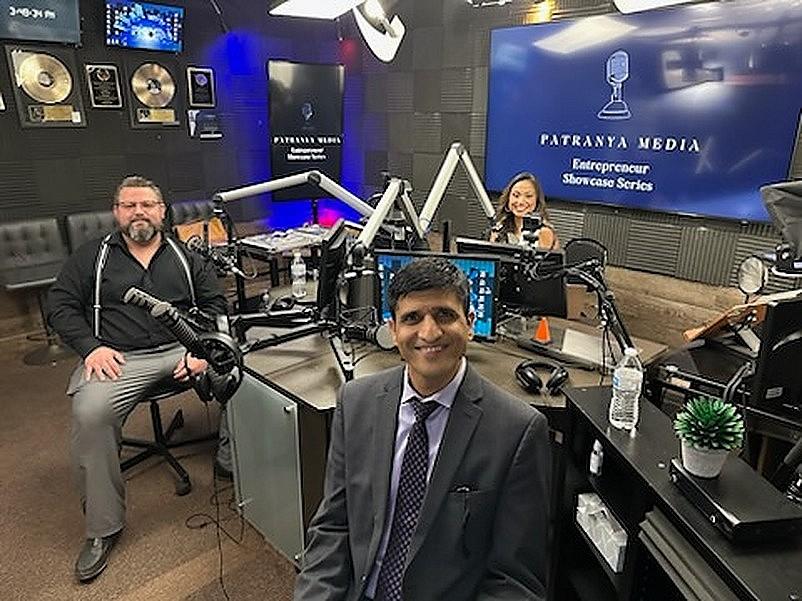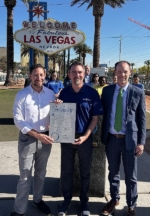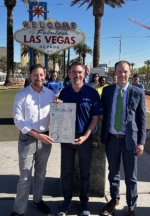
Where there are challenges, there is indeed opportunity, and Dr. Sid Khurana and Dr. Timothy Jeider both know that. It’s the whole reason their practice, Nevada Mental Health, exists.
They opened their doors in 2019 and now run the largest child and adolescent psychiatric clinic in the state. There are about 20 certified child and adolescent psychiatrists in Nevada today, and Nevada Mental Health has seven of them.
The practice also exists to serve the great majority of people who need psychiatric help but must use insurance to pay for it. With very few psychiatrists in Nevada and many of them not contracted with insurance providers, there’s a huge demand gap, and Nevada Mental Health is there to fill it.
Dr. Khurana and Dr. Jeider recently appeared on Patranya Media’s “Entrepreneur Showcase Series” podcast, hosted by Patranya Bhoolsuwan, where they shared more about what makes their practice model unique.
First and foremost, the partners emphasized that while they specialize in serving children and adolescents, they also work with patients in all age groups. Khurana says it’s necessary because there are many conditions “that don’t go away when those children and adolescents become adults.”
The partners also want to change the perception that psychiatrists are merely “prescribers,” and that behavioral health modifications are less a part of what they do. In fact, Nevada Mental Health’s model is quite the opposite.
Jeider described it as a “zoomed out approach,” where the psychiatrist takes time to learn about a person’s family, friends, school, extracurricular activities, all areas of their life, to see how they are functioning in each, to develop a personalized plan that isn’t just prescribing medication.
The mental health professionals acknowledged that mental health stigma is diminishing, but the disease burden and complexity of problems is growing. These dynamics force Nevada Mental Health to make sure its staff is as sensitive as possible to the needs and requests of everyone who reaches out to the practice for help.
“We know these people have probably gone through a lot just to make that first call,” Khurana added.
The influence of technology and self-prescribing came up in the conversation as well. Khurana compared it to when he studied in medical school. He too felt inclined to diagnose himself with every affliction he studied. With the tremendous amount of information available to his patients, he said a professional can help a person recognize if it does or does not have a place in their own context.
The business partners also discussed how Nevada Mental Health has embraced a leadership position in helping to educate future psychiatric professionals. The practice takes on medical students who have graduated and are in residency and others who are pursuing fellowships in the field.
Being involved with education, Jeider says, better assures future psychiatrists in the state don’t simply take the all-too-common “triage approach” of “let’s do a little bit of something to get folks by” by writing prescriptions.
Instead, the practice supports “investing in the next generation of providers and teaching skills that aren’t just triage skills, but ‘how do you build a more meaningful, more robust human intervention?’ Because then you decrease the burden on other parts of the system,” he added.
The two are proud of the work they’ve done in a short period of time. The greatest reward they see is fewer patients requiring hospitalizations and an overall lower reliance on long-term medications.
“When patients get better, that’s what makes us sleep better at night,” Khurana added.
Source: ImageWords Communications



















